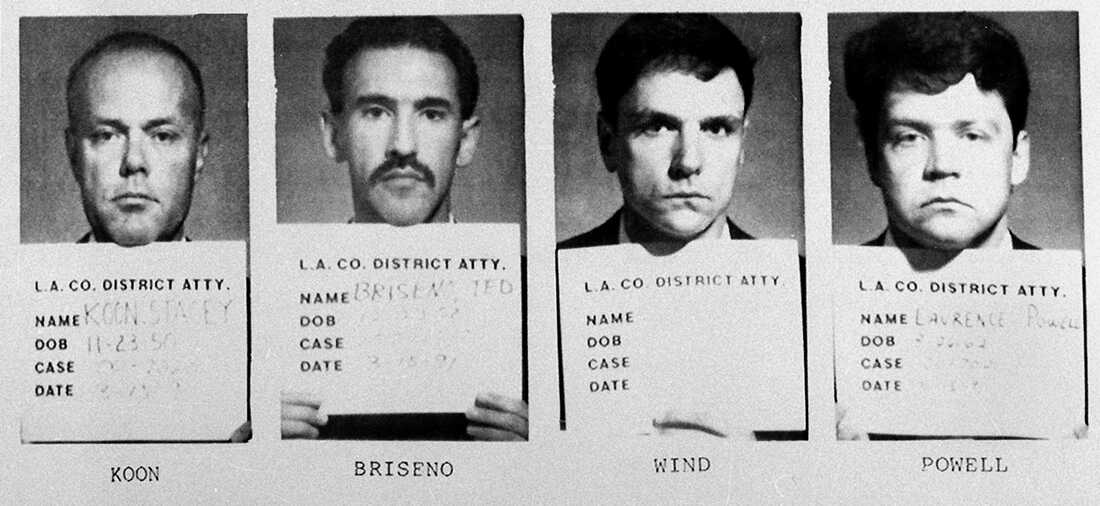On April 29th, 1992, the verdict was announced in the highly-publicized trial of four Los Angeles police officers accused of using excessive force in the beating of Rodney King, a Black man who was pulled over for a traffic violation.

The incident, which was caught on tape by a bystander, showed King being repeatedly struck with police batons while lying on the ground. The video quickly went viral and sparked outrage across the nation, particularly among the Black community, who saw it as yet another example of police brutality and racial profiling.
The trial of the four officers, who were all White, was highly controversial and polarizing. The defense argued that the officers had used reasonable force in subduing King, who they claimed was resisting arrest and under the influence of drugs. The prosecution, on the other hand, argued that the force used was excessive and unjustified, and that the officers had acted out of racial bias.
After months of testimony and deliberation, the jury returned a verdict of not guilty on all charges for three of the officers, and deadlocked on the fourth. The decision was met with shock and anger from many in the Black community, who saw it as a clear miscarriage of justice.
The verdict set off a wave of riots and civil unrest across Los Angeles, which lasted for six days and resulted in more than 50 deaths and over $1 billion in property damage. The National Guard was called in to restore order, and curfews were put in place to try to quell the violence.
The Rodney King beating and the subsequent trial and verdict brought issues of police brutality and racial injustice to the forefront of national discourse. It also highlighted the deep divisions and tensions that existed between the police and the Black community, and the urgent need for systemic change to address these issues.

Today, the legacy of Rodney King and the events of April 29th, 1992, continue to shape the ongoing struggle for racial justice and police reform in the United States.
